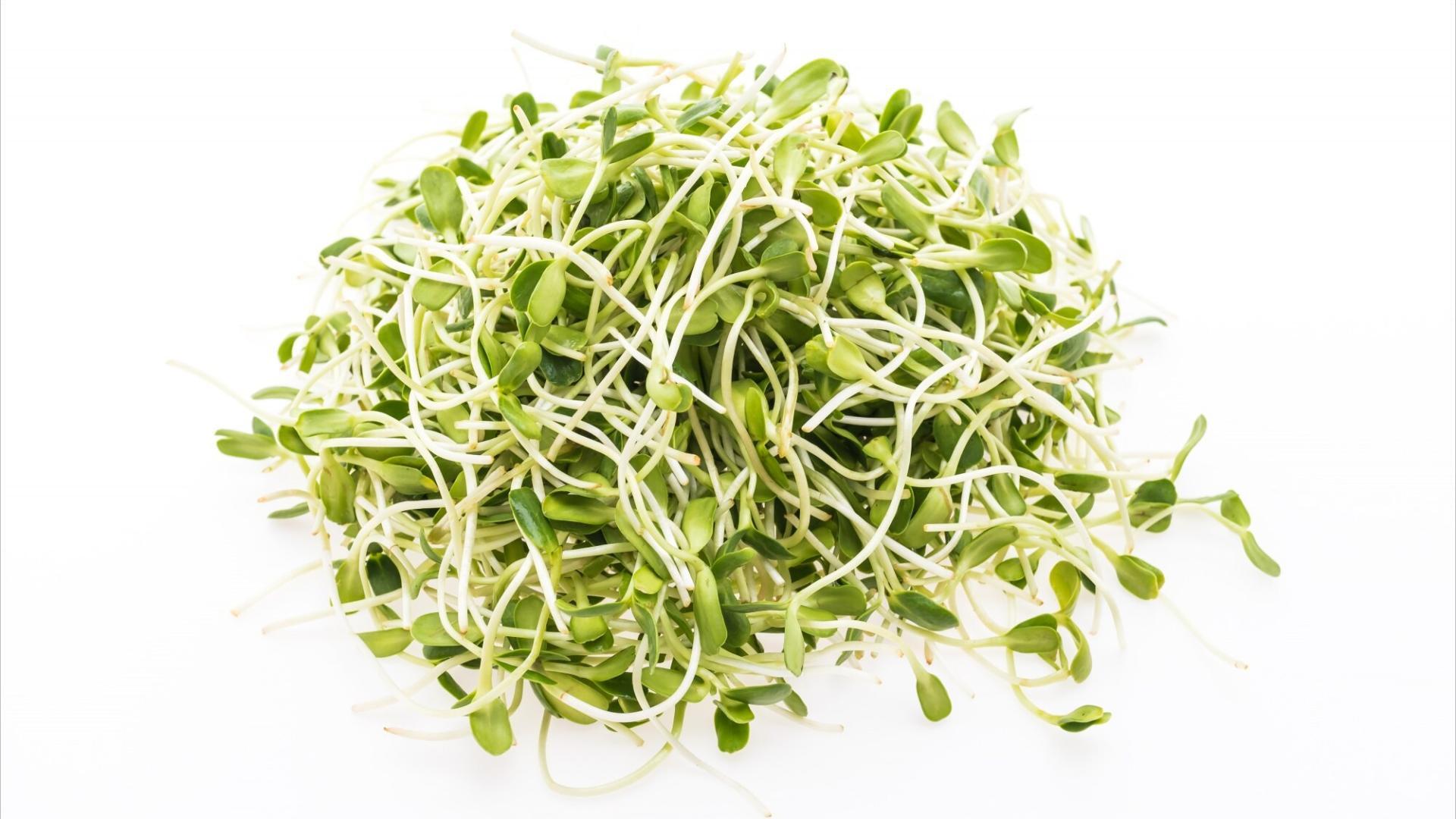Germinating seeds: the easy spring gesture

Spring is the season of renewal ;) The days are getting longer, the desire for freshness is resurfacing, and we're feeling the need for lightness on our plates. What if this season was the perfect opportunity to try out a simple, economical and healthy ritual: germinating seeds at home?
You don't need a garden, complex equipment or a green thumb. Just a little water, patience... and a pinch of curiosity. Sprouted seeds are veritable concentrates of vitality, ready to awaken salads, sandwiches or colorful bowls:
Why germinate seeds?
When seeds begin to germinate, they awaken. In just a few days, they activate a whole arsenal of nutrients to grow. And that's great news for your plate.
In concrete terms, sprouted seeds are :
- Rich in vitamins (C, E, B1, B2, B6 depending on variety)
- Full of minerals: calcium, iron, magnesium, potassium
- Source of digestive enzymes that facilitate assimilation
- More digestible than dry seeds, as anti-nutrients such as phytic acid are reduced during germination.
What seeds can you germinate at home?
Most edible seeds can be sprouted, provided they are untreated and organic (to avoid pesticides and antifungals). Here are a few sure-fire starters:
- Green lentils: mild taste, easy to sprout
- Alfalfa: very popular, light and crunchy
- Black radish: tangy and invigorating
- Chickpeas: chew or blend
- Sunflower seeds: rich in protein
- Fenugreek: strong fragrance, perfect in salads
Warning: some seeds, such as tomatoes, rhubarb and eggplant, are toxic when sprouted.
Always refer to a list of edible sprouted seeds! You can find it by clicking here.
How to germinate seeds (without complicating your life)
Equipment:
- A glass jar
- A piece of gauze, cloth or a fine strainer
- A rubber band
- Drinking water
Basic method:
- Soak seeds in water for 4 to 12 hours, depending on variety.
- Drain, then rinse with clean water.
- Place the jar upside down, slightly tilted, so that the water drains well, in a place away from direct light.
- Rinse twice a day (morning and evening), shaking gently.
- After 2 to 6 days, the seeds have germinated. Simply rinse them one last time, then store in an airtight box in the fridge for 3 to 4 days.
According to the Centre de ressources en agriculture urbaine (CRAU), the ideal temperature for germination is between 64°F/18°C and 71°F/22°C.
How to eat them
Sprouted seeds are best eaten raw to take full advantage of their benefits. They add crunch, freshness and a plant-based twist to almost everything:
- On an avocado toast
- In a mixed salad
- As a topping for soup
- In a wrap or sandwich
- Mixed with hummus for example
You may be interested in:
 Adèle Peyches
Adèle Peyches


Comments